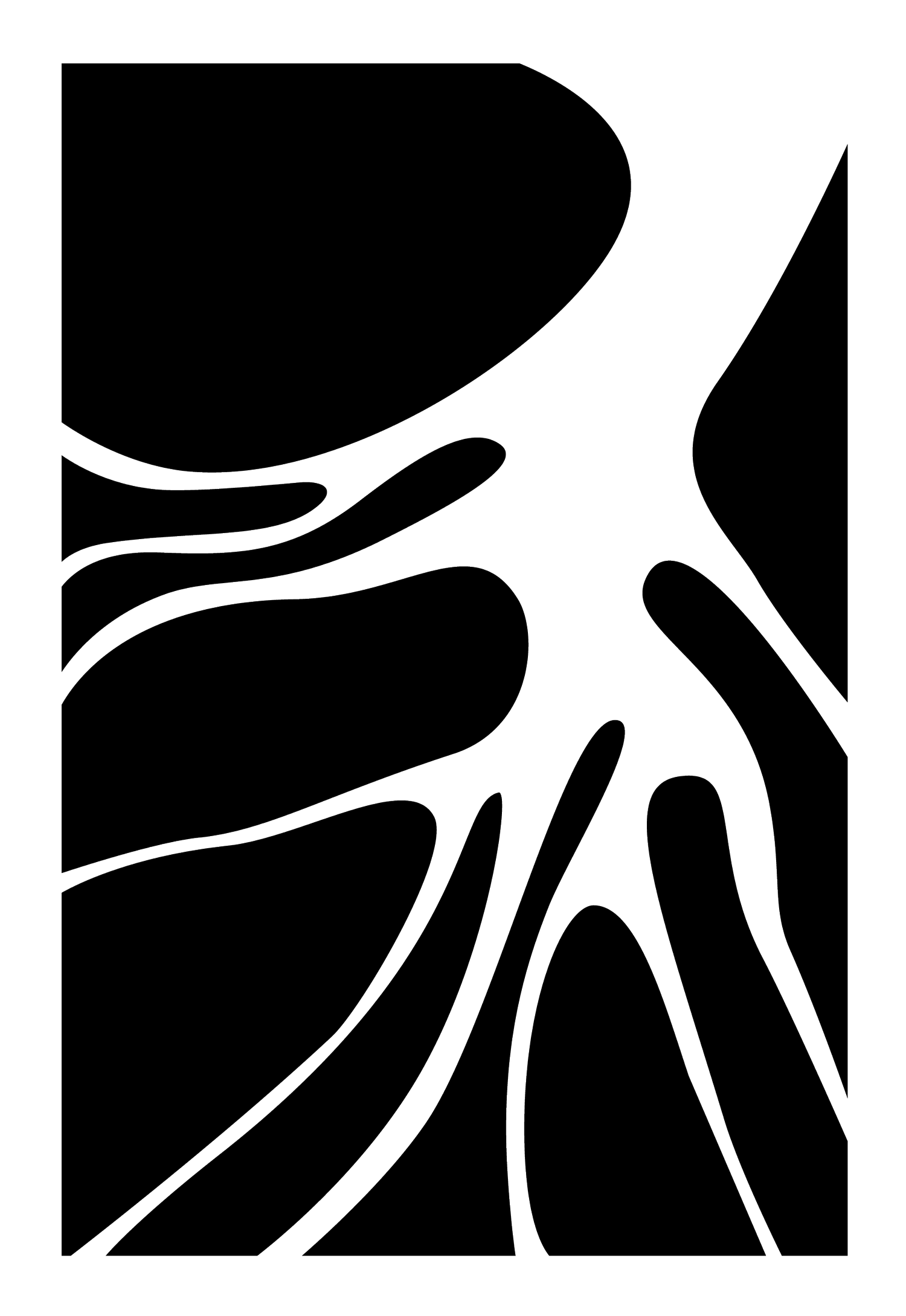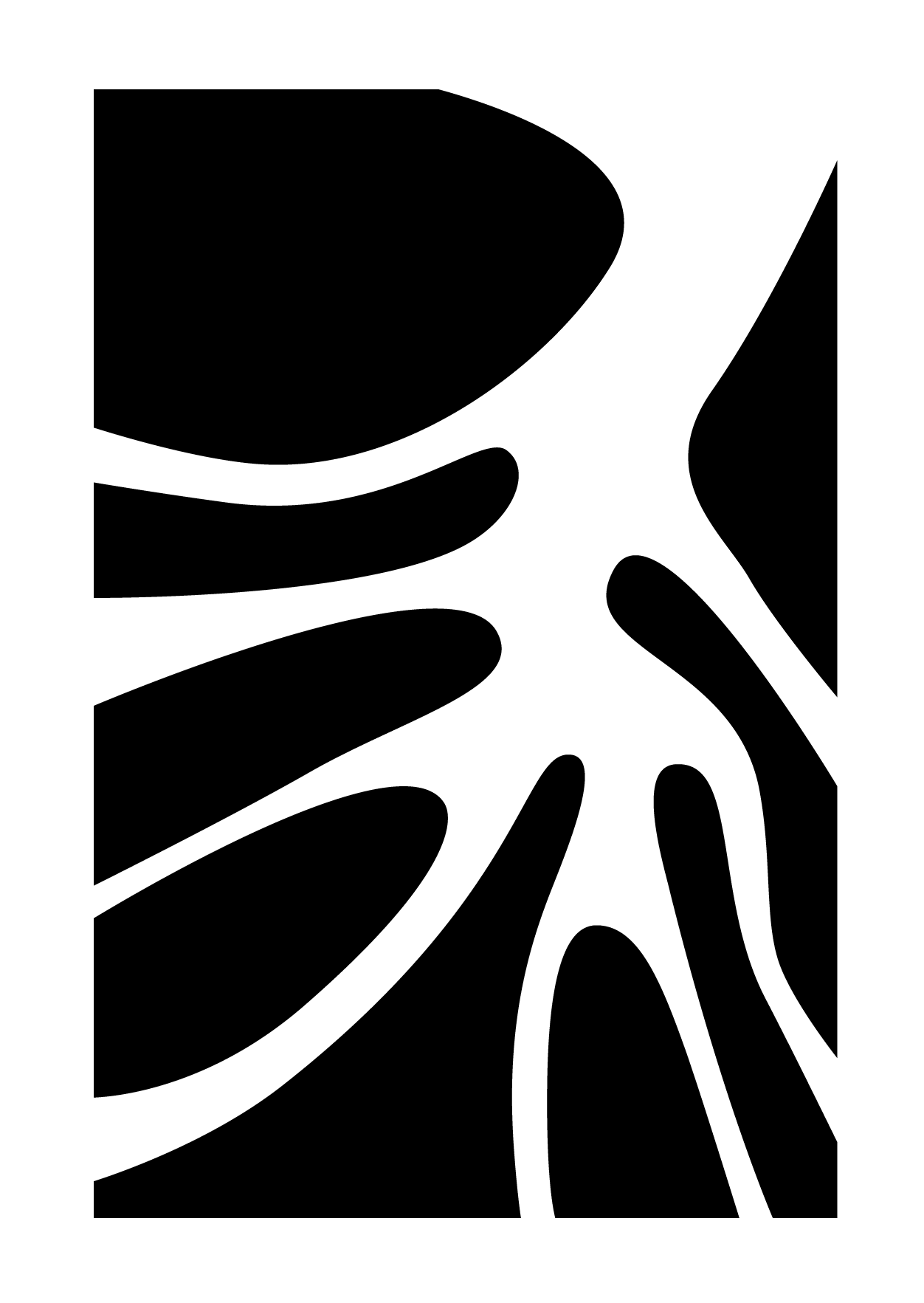Environ/mental Concerns
by Zoe Marzo
The California wildfires remind me of dust storms sweeping across the desert—of growing up in Tucson. It’s in the quality of a dry heat. Memories as yellow as light filtered through dirty smoke.
This had to be the most desolate period of 2020 so far. After we’d experienced the clean beauty of trafficless air, I stood on an overpass above an empty, six-lane wide 134, and thought: I could go for a jog on the freeway. Wouldn’t that be something? The pleasures of an apocalypse. Now, we were in a heatwave, and you could feel the pressure—the overripe quality of isolation after months of limited human contact. The cycle of fruit on the kitchen counter seemed to linger at that stage—avocados rotting before they matured.
All day I could hear the a/c trying to cool three rooms from its position in the bedroom window. I hoped it wouldn’t choke on the smoky hot air and flicker out. So far there had been no power outages, but I could hear how its continuous humming had become strained. I could see the unit in the apartment above mine, dripping, straight into a potted aloe outside. The plants liked the weather. They looked better than ever. My spider plant, in its macramé webbing, exulted. The sweet potato I planted—in case I ran out of money for food—was lush with heart- shaped leaves almost as wide as the palm of my hand, vines spilling out to touch the tile floor, thriving in this disaster.
All I could do was scroll through Twitter, now and then complain out loud about a news headline I scrolled past. No longer clicking to read, just flicking through.
Any complaints uttered fell on the plaid ears of a stuffed, anthropomorphic cow. He had a body like a rag doll and he pilled like a favorite sweater. I would exclaim some new epiphany like “They discontinued controlled burns—what!”
This revelation would bowl him over. He’d fall back from his seated position on the table, arms and legs splayed open in disbelief.
“Right?” I’d say to him and sit him up, putting my head next to his, phone in front of us, so we could continue sliding through posts together.
The fires weren’t close by but I knew they were bad because if I stepped outside—even just to take the garbage to the curb—I’d come back coughing.
I wondered if “cow” was the appropriate name for my stuffed animal with his striped horns and one heart-shaped eye and mittened—paws? Hooves? He was more minotaur than bull. I held his mitten hand between my thumb and index finger. I studied his embroidered half-smile, his eyes sweetly attentive, and thought: We’ve been together through all of this.
Outside, a filter with the warmth turned to its highest setting. Again, I thought of those dust devils in Tucson, and in particular, of elementary school. The playground was just one big field. No shade anywhere. A jungle gym and monkey bars went unused except on cloudy days, because the metal, hot from the sun, could burn your skin. Just loose pale sand, and quirky cacti beyond the wash and chain link fence.
The field was covered in flat, dead grass, watered pointlessly by sprinklers every morning. Dry again in minutes. At recess, you could see dust storms coming from a long way off, and we learned to predict the pattern of the wind. Sometimes they’d only roll and twist in the distance, but often they’d move into the empty field. The dust could swirl like a tornado and the moment a needle hit the field someone or everyone would scream: “Dust devil!” drawing out the words, loud enough for the whole playground to hear. Others would pick up the rallying cry until everyone was screaming, “Dust Devil!”
It didn’t matter if we were playing tag or sitting with dry, dead grass poking into our bare legs or re-enacting the previous night’s episode of Power Rangers. If and when the dust devil touched down on that field, all of us—every child—would run for it with a communal purpose unspoken unlike anything I’ve witnessed since. We’d launch ourselves at the monstrous storm, from every corner of the field.
The best ones twisted like tornadoes, but often it was a mass, a cloud. No matter the form, we had the singular purpose of standing in its midst, or moving with it, following its course until it left the playground or died out entirely.
We wanted to be in the middle of the storm. At the center. I must remember those storms in slow motion because when I reached the center, I seemed to stand there for a long while, experiencing the tug of the wind and exulting in the rush of it. The way it twisted our hair or pulled at our shorts and t-shirts. A blissful moment. One with the storm.
I think we believed that if we could stand in the center for long enough and if the wind was strong enough, it would carry us away. There wasn’t a single one of us who wasn’t fine with leaving our drab world behind. That was the hope, the goal.
The light outside my apartment goes from yellow to dirty dark. I turn on the lights. The spinning ceiling fan creates a strobe effect that makes me dizzy, and my cow is looking at me from the couch, pointedly, I think. He’s something of a totem guardian. I imagine sometimes that he’s the one that picks up and folds the clothes I leave in a heap, or restores fallen throw pillows to the sofa. He’s flexible, but not particularly strong, so I’m not quite sure how he manages to pick up after and care for me.
I wonder if I should boil eucalyptus leaves, let the steam soothe my breathing, but the stove only makes the apartment hotter.
I remember the very last time I ran into a dust storm. Sand filled my eyes and nose. Sharp, tiny rocks, pricked my skin. I stood with my eyes closed tight until the storm passed, and remained in the field after, listening to everyone run off to resume their games. I kept blinking and rubbing my eyes. My hair was knotted. My skin felt dusty and hurt from the rocks hitting me. It had never felt like that before. Uncomfortable.
I stopped chasing dust devils.
I think of that as the moment I grew up—when I registered more discomfort than whimsy. When I made the choice to stay away from storms. When I stopped joining the rallying cry. When I sought shelter while everyone else ran into the storm—the joyous mass of them. When I let the wind push me away instead of pull me in. When I lost my center.
I rub my eyes, suddenly tired, time to sleep, but on my way to the bedroom—my cow, my minotaur, stands in the hall on the tips of his feet like a ballerina. I look at him for a moment. At a full extension, he comes up to my knees. He holds out a deck of cards to me—his way of suggesting a game. I retrieve the deck from his mittened paws. He doesn’t speak, but he gestures:
Now.
I sigh. It’s 1 a.m. but I want coffee anyway. It’s not as if time means anything to us anymore. Back in the kitchen, the sweet potato plant glows, vibrantly green. It’s thriving despite the poor air quality. Maybe because of it. It sort of quivers at me. I drop a handful of ice cubes into the soil, and it seems happy.
I wonder how it is that even the yellow of the air seems to persist in the darkness. It’s like a subtle film over everything. I ask Moofasa if he wants a cup of coffee and he nods vigorously. As if to say, Obviously. The coffee is instant. The cow isn’t picky. Temperamental, yes. Demanding, yes. He sips his coffee and when he’s done, he demands more. I heave a sigh, only because he’s kind of rude.
No one prepares you for this kind of monster—harmless but petulant. Adorable yet impossible. The minotaur rolls his eyes, taps his foot on the table. He’s always on the table. We can’t see each other when he’s on the chair, and anyway, it’s easy to fall off onto the floor. He collects enough dust as it is. If I had to wash him and let him air dry, even in a heatwave, how long would I be waiting before I could hold him again?
Zoe Marzo is a writer in Los Angeles. She holds a BA in Creative Writing from Antioch University, an MFA in Writing from Vermont College, and she's currently pursing a PhD in Depth Psychology at Pacifica Graduate Institute.

